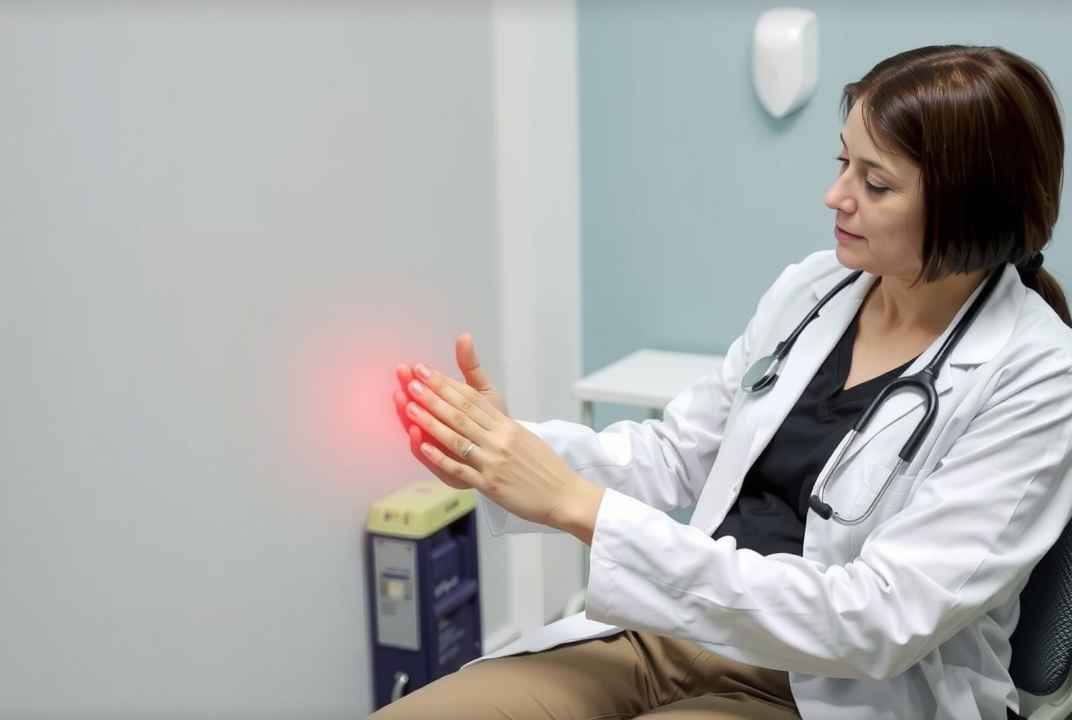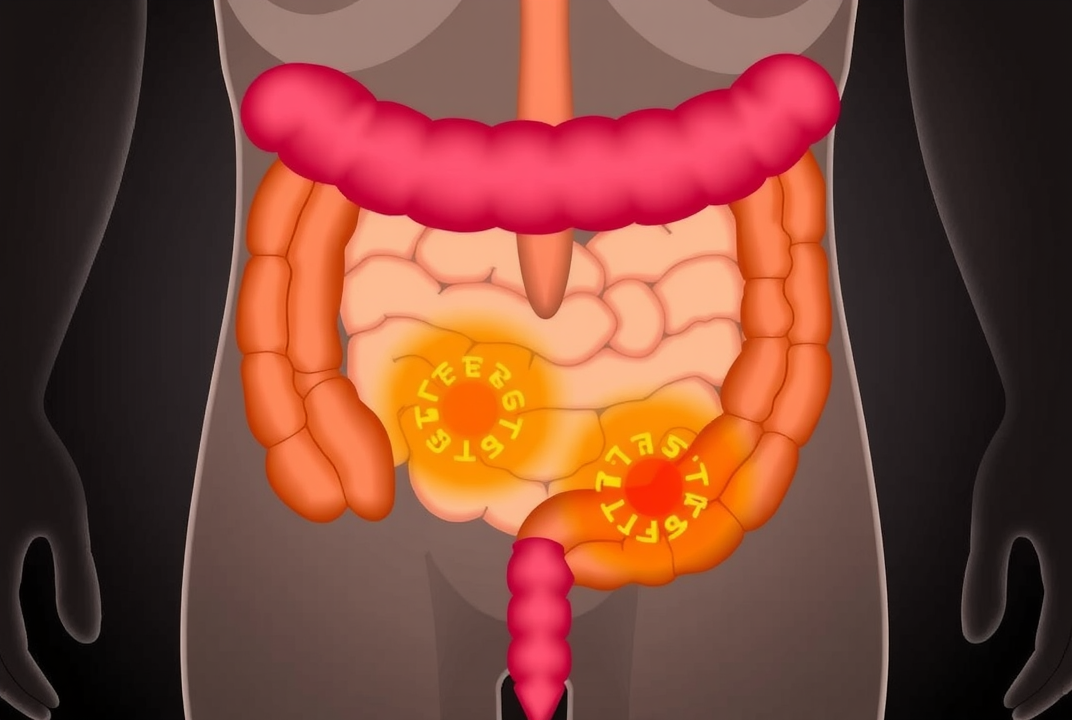Understanding When to Seek Medical Help for Diverticulitis Symptoms

Introduction
Have you ever pondered whether your stomach discomfort might be something more serious, like diverticulitis? Chronic issues with your digestive system can be worrying, and knowing when to seek medical help is crucial. Diverticulitis is a condition that involves the inflammation or infection of small pouches called diverticula, which can form in your digestive system.
Understanding when to consult a healthcare provider about diverticulitis symptoms is vital for your digestive health. In this article, we will provide you with an overview of diverticulitis symptoms, outline the situations when medical intervention becomes necessary, and how you can manage minor symptoms at home.
What is Diverticulitis?
Diverticulitis is a condition where small, bulging pouches in the digestive tract, known as diverticula, become inflamed or infected. This condition is most common in the large intestine or colon. Symptoms can range from mild to severe and may require immediate medical intervention.

Common Symptoms of Diverticulitis
Recognizing the symptoms is essential in managing diverticulitis. Here are a few common signs to look out for:
-
Abdominal pain: Often on the lower left side, the pain can be sudden and severe.
-
Fever and chills: Accompanying signs of infection.
-
Nausea and vomiting: These may follow bouts of pain and discomfort.
-
Changes in bowel habits: Such as constipation or diarrhea.
-
Bloating: Feeling of fullness or swelling in the abdomen.
When to See a Doctor
Knowing when to see a doctor can make a significant difference in managing diverticulitis. Here are circumstances that warrant a medical consultation:
Persistent or Increasing Pain
If abdominal pain persists or increases over several days, it's crucial to seek medical advice. Delayed treatment can lead to complications like abscesses or perforations.
High Fever and Chills
Experiencing a fever higher than 101°F suggests an infection that requires medical attention. Prolonged fever could indicate complications requiring treatment.
Inability to Keep Food Down
Persistent vomiting can indicate a blockage or severe infection and needs immediate evaluation by a healthcare professional.
Changes in Bowel Habits
If you notice significant changes in your bowel movements lasting more than a few days, consult with a doctor. While some changes are due to dietary factors, persistent symptoms may require medical evaluation.
Managing Mild Symptoms at Home
For milder symptoms, home remedies may suffice. Here are methods you can consider:
-
Dietary Adjustments: Incorporating more fiber slowly into your diet can ease symptoms.
-
Hydration: Consuming plenty of liquids helps maintain digestive health.
-
Rest: Allowing your body time to heal can prevent flare-ups.

Complications to Be Aware Of
Understanding potential complications is necessary. In some cases, diverticulitis can lead to:
-
Abscess: A pocket of infection that may require drainage.
-
Perforation: A tear in the diverticula leading to infection in the abdominal cavity.
Both situations are medical emergencies. In such events, seeking immediate healthcare intervention is necessary.
Long-term Management and Prevention
Preventing recurring flare-ups requires ongoing attention. Consider these strategies:
-
Regular Exercise: Keeps your bowel movements regular.
-
Balanced Diet: Focus on whole grains, fruits, and vegetables.
-
Regular Check-ups: Routine medical visits help monitor your digestive health.
Expert Opinion
According to Dr. Maria Gonzales, a gastroenterologist, "Early intervention is crucial in preventing severe complications associated with diverticulitis. Staying attuned to your body’s signals can make all the difference."
Conclusion
Diverticulitis symptoms can range from mild to life-threatening. Understanding when you need to see a doctor helps in managing the condition effectively. If you experience severe symptoms, do not hesitate to seek medical help. Be proactive about your digestive health with preventative care and regular check-ups.
Next Steps: If you've identified with any symptoms mentioned, consider consulting with a healthcare provider. Early action can prevent complications and promote better long-term health.